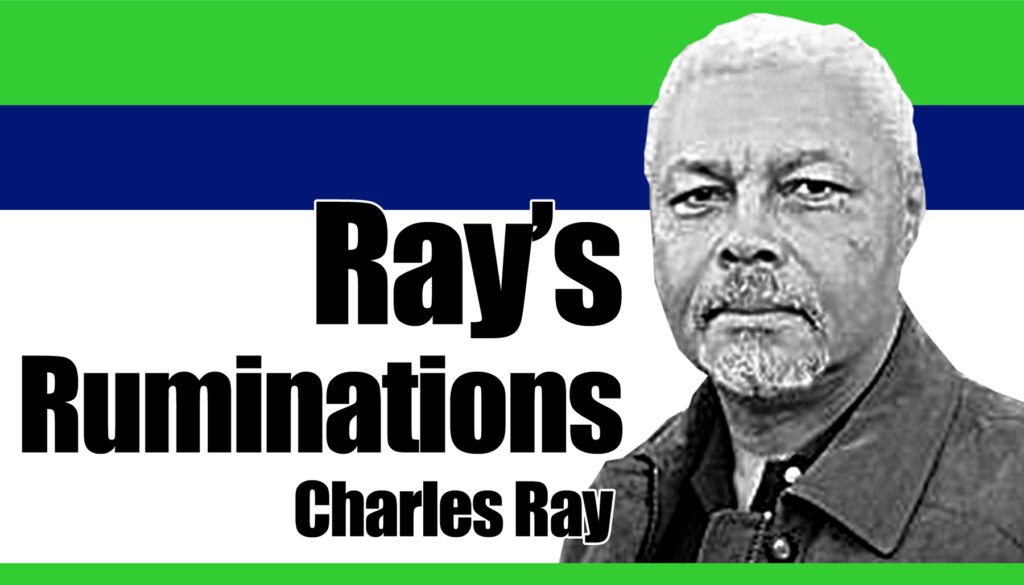
Even in the closest relationships, disagreements are inevitable. Preserving those relationships often depends on how we handle disagreements.
Arguing with someone you care about, a friend, partner, or loved one, may seem paradoxical. On the one hand, you want to stand by your convictions. On the other hand, you don’t want to jeopardize the warmth and trust that make the relationship meaningful. The art of disagreeing well, especially when you believe the other person is objectively wrong, is a balancing act of honesty, empathy, and humility.
First, begin with intent. Ask yourself if the disagreement is even worth pursuing. Sometimes, letting minor inaccuracies or differences of opinion slide is the wiser course of action. But, if the issue matters—a fact that could influence important decisions, or a misunderstanding about something significant—it’s worth engaging. Entering the conversation with a spirit of care rather than conquest will set the right tone.
When you do decide to engage, choose your moment and manner with care. Avoid ambushing them in public or when emotions are already running high. Instead, find a calm, private setting, and use language that signals your respect for them. “I can see how you might think that,” or “That’s interesting, can we talk about it?” opens the door to dialogue rather than defensiveness.
Listening is your most important skill. Before launching into your perspective, let them share theirs fully. Paraphrase what you hear to make sure you understand and to show that you’re paying attention. People are far more likely to listen if they feel heard. If you can reflect their reasoning to them with genuine curiosity, you lower their guard and invite them to reciprocate.
Once you’ve shared your view, avoid phrases that blame or belittle. Instead of “you’re wrong,” try “I see it differently.” Back up your points with facts, but avoid using information as a weapon. The goal is to enlighten each other, not score points.
Most importantly, be open to the possibility that you could be wrong, or that the truth may lie somewhere between your two positions. This humility not only makes you a more persuasive conversationalist but also safeguards your relationship from the toxins of pride and stubbornness. If the other person makes a good point, acknowledge it. Admitting, “I hadn’t thought of it that way,’ is a sign of strength, not weakness.
Arguments with those we care about don’t have to be battles. They can be acts of intimacy, a chance to understand each other better, and to practice grace under pressure. When disagreement is met with patience, empathy, and honesty, relationships can grow rather than fracture. Winning, in the truest sense, means emerging with both the truth and the relationship intact. | NWI




